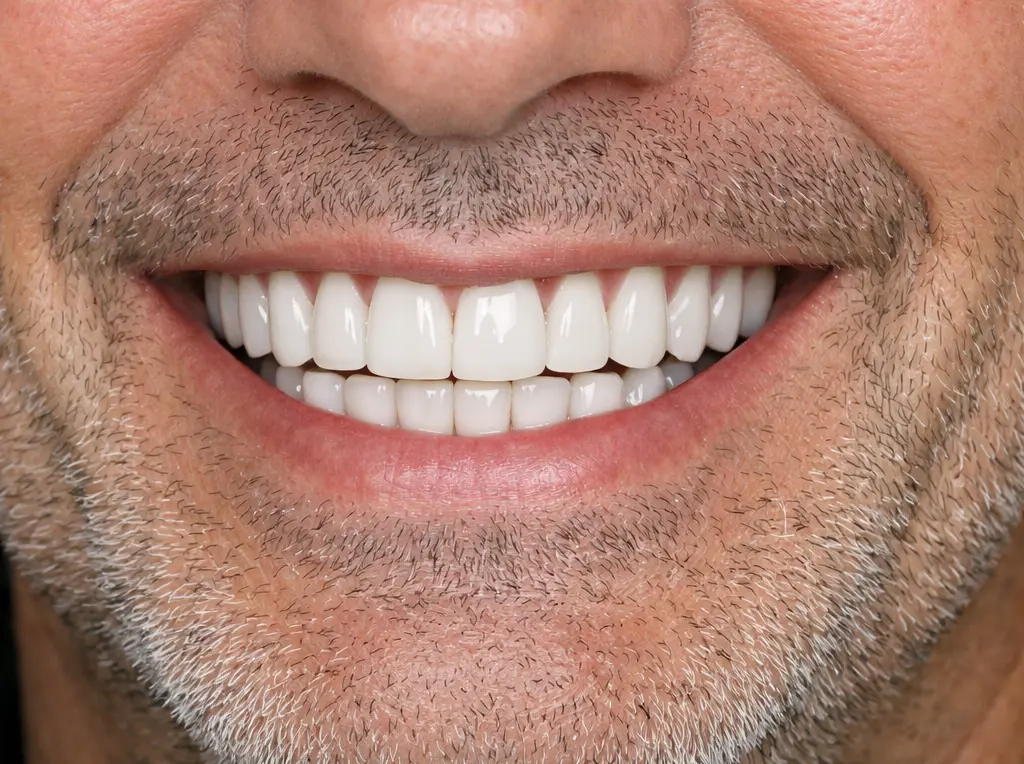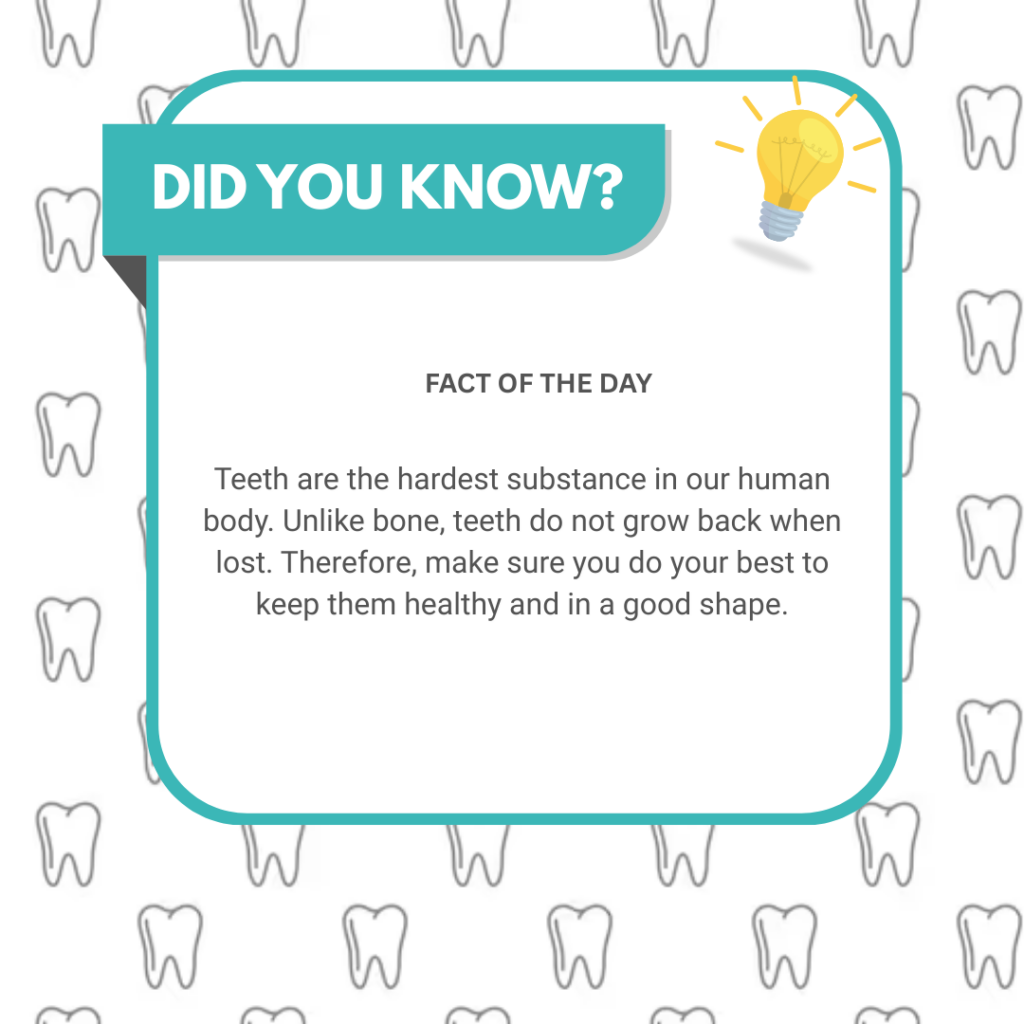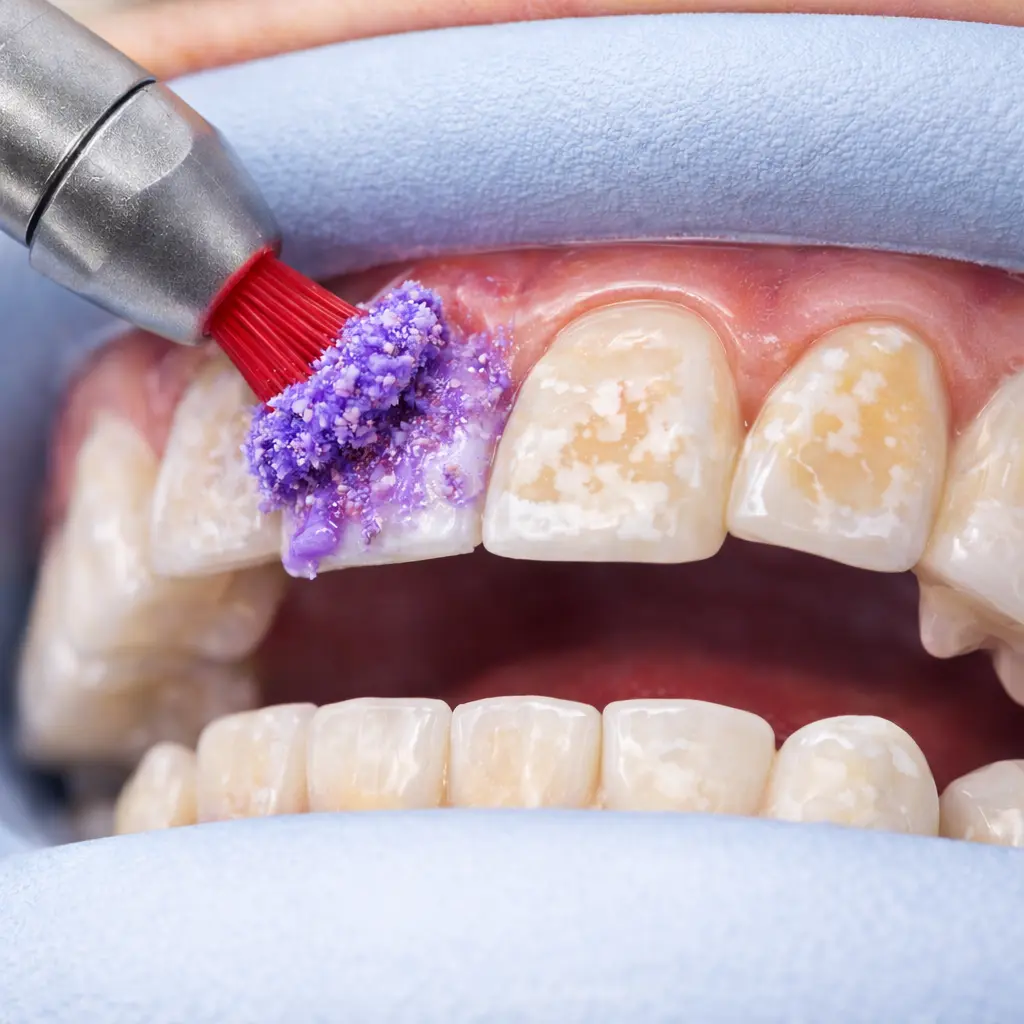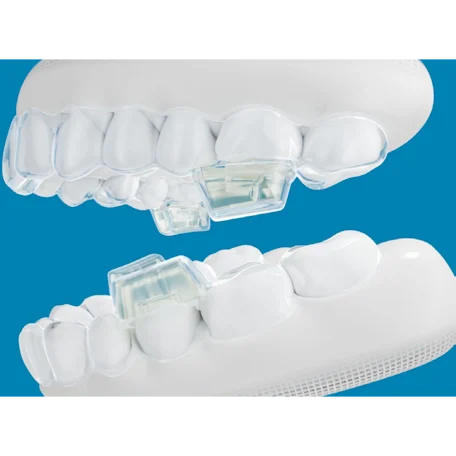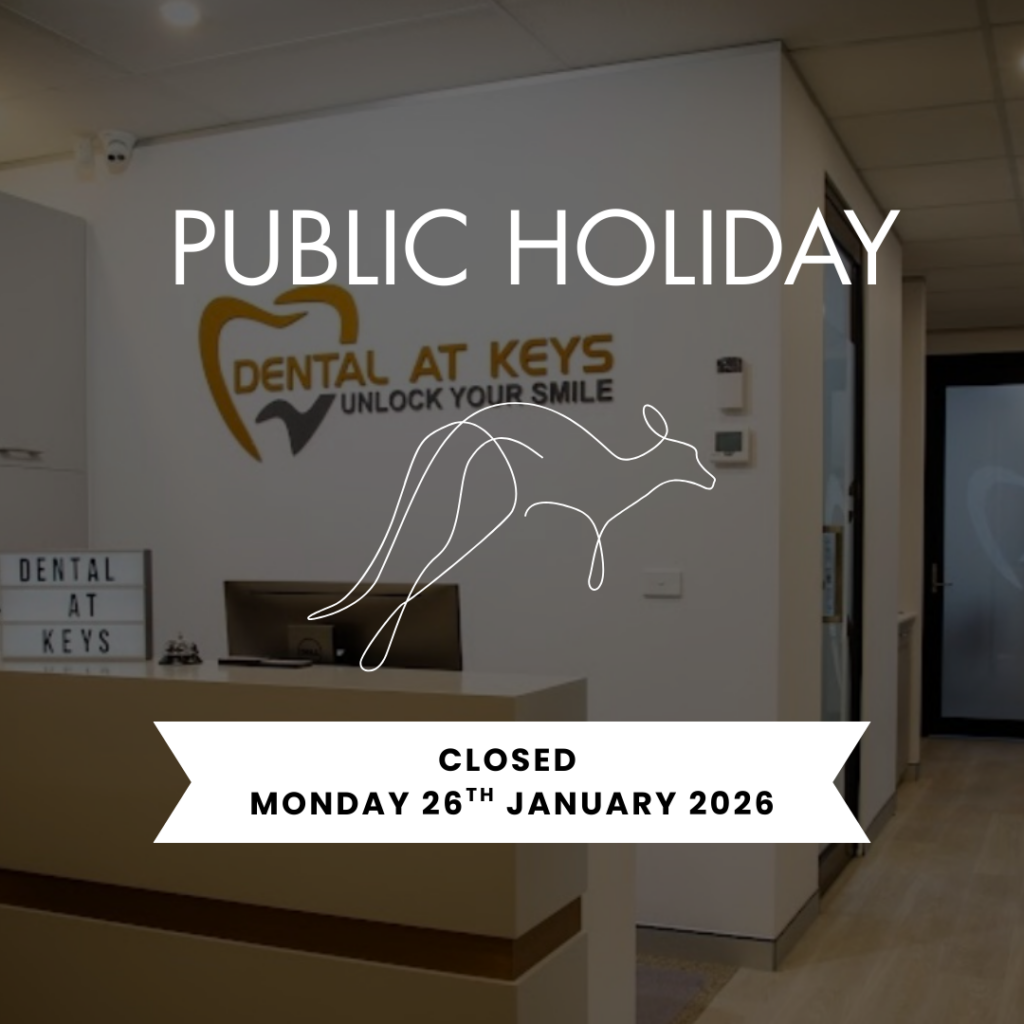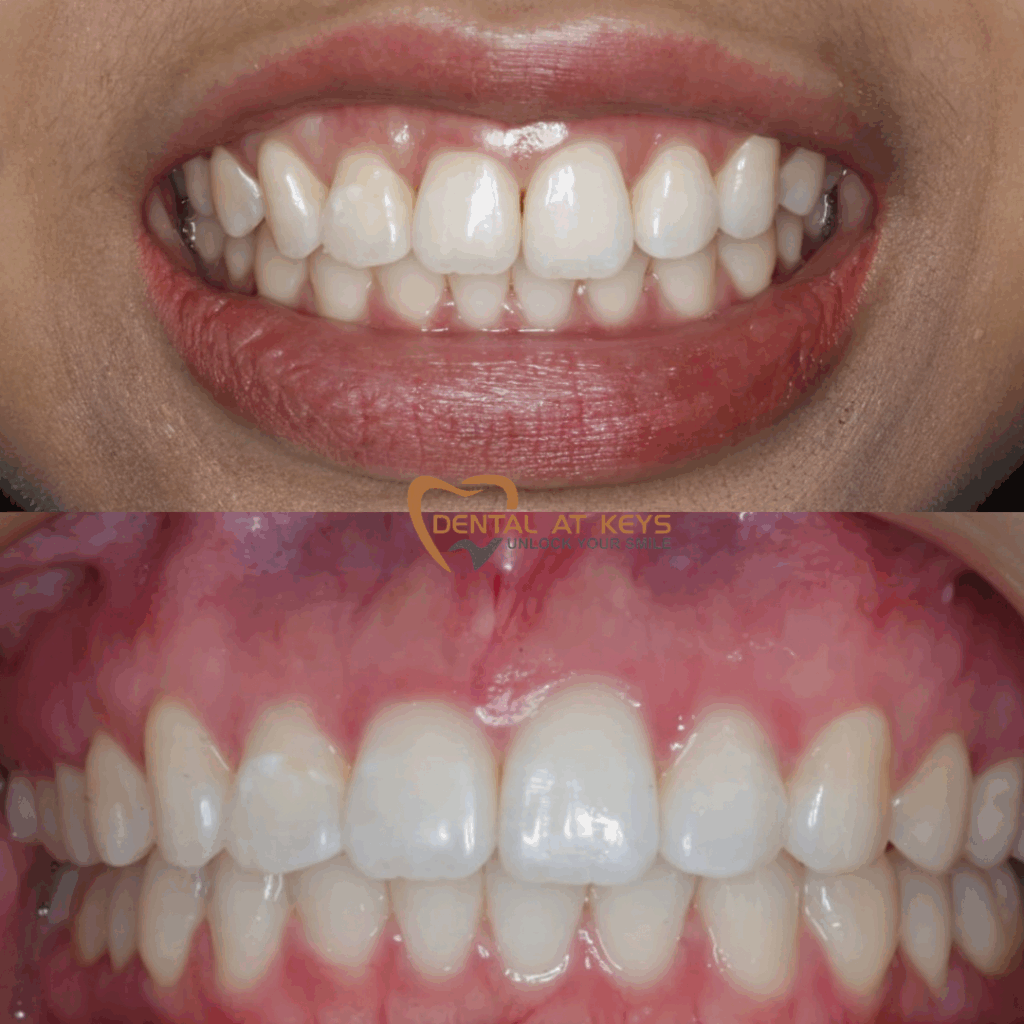Do you have Sensitive teeth?
Sensitive teeth occur when you experience sudden, sharp pain or discomfort in one or more teeth. The pain is typically short but intense, affecting one or more teeth. Common triggers include:
- Hot
- Cold
- Sweet
- Acidic foods and drinks
- Breathing in cold air
This sensitivity happens when the protective layers of your teeth (enamel or gums) wear down, exposing the root and underlying dentine and nerve endings.
If left untreated, sensitive teeth can impact your daily comfort and may signal underlying dental problems. At Dental at Keys, our dentists will carefully assess the cause of your tooth sensitivity and provide tailored solutions—whether that’s diet modifications, fluoride treatments, protective sealants, dental restorations, or professional advice on at-home care. For severe cases, gum grafts may be necessary.
Don’t ignore tooth sensitivity – it’s often a sign your teeth need extra care. Book an appointment today to protect your smile and enjoy eating and drinking without discomfort.

Common Causes
Tooth Decay
The most common cause of sensitive teeth are dental cavities. When the bacteria decays the tooth, the nerve endings in the dentine can be exposed, resulting in a more sensitive tooth.
Plaque and Tartar (Calculus) build-up resulting in Gum Recession
Plaque forms on your teeth every day as a result of bacteria feeding on sugars from the foods you consume. When plaque is not removed thoroughly enough, it can accumulate and lead to gingivitis. Severe build-up of plaque and calculus can build-up under the gums resulting in gum recession associated with gum disease (periodontitis) exposing the sensitive root part of the teeth.
Dental work
It is not uncommon to see dental work causing sensitive teeth. As a tooth adjusts to it’s new state (eg. dental filling), the nerve in the tooth may be slightly inflamed causing hypersensitivity for a short period.
Tooth grinding, clenching and trauma
Trauma and teeth clenching and grinding can cause teeth to crack, fracture or erode away, exposing more of that precious, sensitive tooth dentine. Clenching may also create abfraction lesions near the junction of the tooth root and the bone.
Excessive teeth whitening
One of the most common side effects of teeth whitening is teeth sensitivity. Prolonged or excessive teeth whitening may cause teeth sensitivity, although in most cases this is temporary.
Enamel eroision from acidic foods and drinks
Regular consumption of acidic foods and beverages—such as soft drinks, sports drinks, and alcohol—can wear away the protective enamel layer on your teeth. Once enamel is lost, it does not grow back, leaving the underlying dentine exposed and more sensitive to temperature changes and certain flavours. Acid attacks soften the enamel, making it more vulnerable to damage from daily chewing and brushing. Over time, this erosion can lead to tooth sensitivity, discolouration, and an increased risk of cavities.
Aggressive brushing
Brushing your teeth too hard or using a toothbrush with medium or hard bristles can wear down the enamel and increase the risk of gum recession. This exposes the softer dentine layer underneath, which contains tiny tubules leading to the tooth’s nerve, resulting in increased sensitivity. Aggressive brushing can also irritate and damage gum tissue, leading to further discomfort and potential long-term oral health issues. Using a soft-bristled toothbrush and gentle, circular motions helps clean your teeth effectively without causing damage.
Mouth Breathing
Breathing through the mouth means the front teeth are very dry and there is no saliva lubricating them. This can make them very sensitive.
Symptoms
Tooth Pain
The most notable symptom of a sensitive tooth is a short, sharp pain that is instantaneous and does not usually linger for long once the stimulus is removed. If you routinely avoid an area when eating/drinking, that’s usually a tell-tale sign of a problem.
Pain when chewing
Sharp or dull pain can be experienced if the sensitive tooth is related to a crack or fracture.
Discomfort when Brushing
Finding a particular area sore to brush is not normal and may suggest a sensitive tooth in the area. This especially happens along the gumline of the tooth.
Breathing in hurts
If you find cool air touching you teeth, triggers sensitivity and you find yourself licking your teeth, this can be a sign of sensitive teeth.


Treatment for Sensitive Teeth
Use Desensitising Toothpaste
Switching to a toothpaste specifically formulated for sensitive teeth can help block pain signals to the nerve. For best results, use it consistently and avoid rinsing your mouth immediately after brushing.
Maintain Good Oral Hygiene
Brushing twice a day with a soft-bristled toothbrush and flossing daily helps protect your enamel and gums. Gentle brushing techniques are essential to prevent further enamel wear or gum recession.
Avoid Acidic Foods and Drinks
Limit your intake of soft drinks, energy drinks and other acidic foods that can erode enamel. Rinse your mouth with water after consuming them to reduce damage.
Fluoride Treatments
Your dentist may apply a fluoride varnish or gel to strengthen enamel and reduce sensitivity. This can provide long-lasting relief when combined with good home care.
Dental Bonding or Sealants
For exposed tooth roots or worn enamel, your dentist may apply composite resin or sealants to protect the sensitive areas.
Address Underlying Dental Issues
Sometimes, sensitivity is caused by cavities, cracked teeth, or gum disease. Treating these problems early can help restore comfort and prevent further damage.
to ensure you are not suffering from Sleep Apnoea or Sleep Disordered Breathing.
Mouth Breathing
If your mouth is open while you are sleeping, it is important to assess why it is open. Whether it’s due to allergies, a nasal obstruction, jaw relationship or habits. Managing these may help with sensitivity around your front teeth.
Consider an Occlusal Splint
If you grind or clench your teeth at night time, wearing a custom occlusal splint can protect your teeth from wear and reduce sensitivity (provided there are no issues with your airway/sleep).
Sensitive teeth can really effect your lifestyle so it's important to seek help early.
Dental Services
Full Mouth Dental Implants
Dental Implants
Invisalign
Clear Aligners
Cosmetic Dentist
Veneers
Sleep Dentistry
Teeth Whitening
Wisdom Tooth
Orthodontics
Jaw Expansion
Tooth Extraction
Dental Crown
Dental Bridge
Root Canal Treatment
General Dentistry
Gum Disease Treatment
Tooth Filling
Teeth Cleaning
Dentures
Sleep Apnoea
TMJ
Occlusal Splint
Mouth Guard
Family Dental
Kids Dental
Silver Diamine Fluoride
Fissure Sealants
Frequently Asked Questions

Which foods commonly cause sensitive teeth?
The most common type of food or drink that cause sensitivity are cold things. Cold temperatures can then reach the tooth’s nerves more easily, triggering sharp discomfort.
How can I stop tooth sensitivity at home?
You can reduce sensitivity at home by using a soft-bristled toothbrush, brushing gently, switching to a desensitizing toothpaste, and avoiding acidic or overly hot and cold foods. However, it’s important to see a dentist to identify and treat the underlying cause.
Is tooth sensitivity permanent?
In many cases, tooth sensitivity can be reduced or even eliminated with proper dental care and treatment. However, if the enamel is severely worn or gums have receded significantly, ongoing management may be needed.
When should I see a dentist for sensitive teeth?
You should see a dentist if tooth sensitivity is persistent, worsens over time, or is accompanied by pain, swelling, or signs of infection. Early diagnosis can prevent more serious dental problems.

